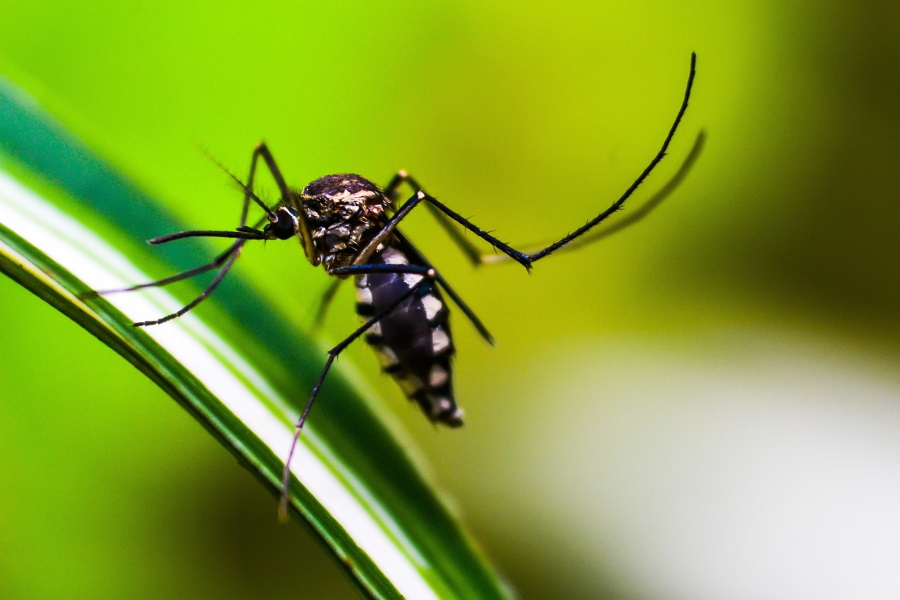Novartis, MMV take new malaria drug combination into phase 3

Novartis and the non-profit Medicines for Malaria Venture (MMV) have advanced a novel drug combination for malaria into a phase 3 programme, raising hopes of a regimen that could be used to treat resistant infections.
The pairing of novel drug ganaplacide with a new formulation of established therapy lumefantrine that can be delivered less frequently provides a novel non-artemisinin regimen to treat uncomplicated Plasmodium falciparum infection – in other words, patients who are infected, but have no symptoms of severe malaria, like fever, chills, and pain.
The solid dispersion formulation (SDF) of the two drugs can be dosed just once per day and, according to the two partners, has the potential not only to clear malaria infection, including artemisinin-resistant strains, but also to block the transmission of the malaria parasite.
Last year, Novartis and the MMV reported the results of a phase 2 open-label study in 524 adults and children with acute uncomplicated malaria, which showed that the new combination was as effective as Coartem (artemether-lumefantrine), the first artemisinin-based combination therapy (ACT) brought to market, pioneered by Novartis more than 20 years ago.
Coartem has been the mainstay of frontline malaria therapy since it was introduced in 1999 and more than a billion doses of the drug have been provided by Novartis since then, mostly on a no-profit basis.
In the last few years, however, cases of artemisinin resistance have been on the rise, particularly in the Greater Mekong region of southeast Asia, as well as more recently in East African countries, including Rwanda and Uganda.
A study published (PDF) by the Global Fund last year warned that drug resistance in the Greater Mekong "now threatens a devastating setback for the region and a major shock to health security if it goes global."
A large phase 3 trial of the new therapy will get underway next year, to compare the efficacy of ganaplacide/lumefantrine with artemether/lumefantrine at clinical sites in Burkina Faso, Mali, Gabon, and Niger, as well as other sites in sub-Saharan Africa.
"The emergence of artemisinin resistance demands urgent action to develop new antimalarials," said Dr Sujata Vaidyanathan, head of Novartis' global health development unit. "We need non-artemisinin-based medicines with novel mechanisms of action against resistant parasites, and simple, easy-to-follow dosing schedules to help increase treatment adherence."
He continued: "The earlier we have new compounds and the faster the world adopts them, the better chance we stand of beating resistance."
Ganaplacide/lumefantrine has been awarded fast track and orphan drug status from the FDA.













